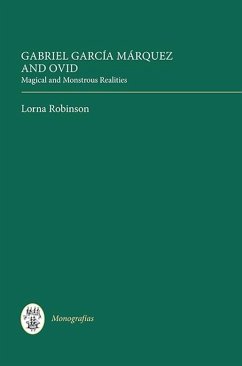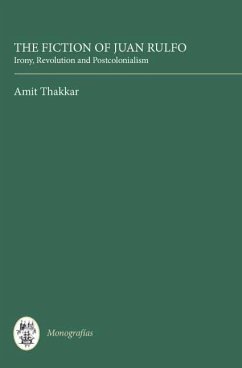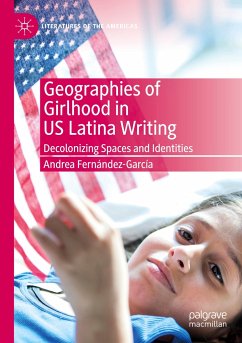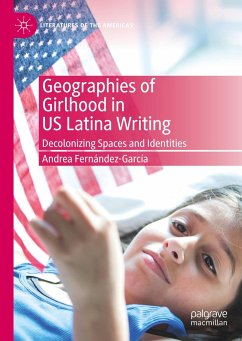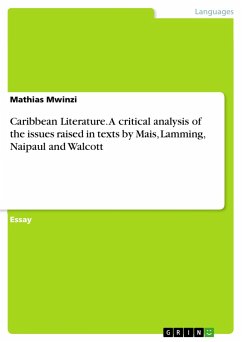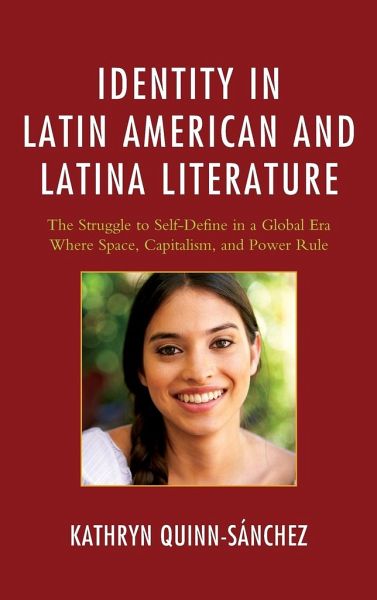
Identity in Latin American and Latina Literature
The Struggle to Self-Define In a Global Era Where Space, Capitalism, and Power Rule
Versandkostenfrei!
Versandfertig in über 4 Wochen
106,99 €
inkl. MwSt.
Weitere Ausgaben:

PAYBACK Punkte
53 °P sammeln!
This study examines works that address the spatial location of Latinidades, especially Latina, identity by subverting literary history and literary theory through testimonio, hybrid genres, social activism, metafiction, and solidarity.




